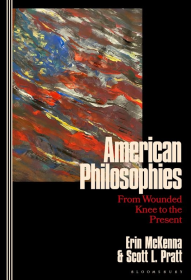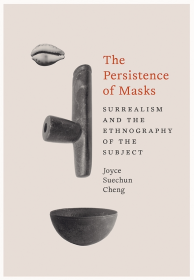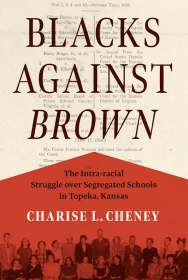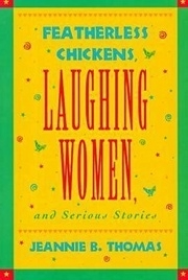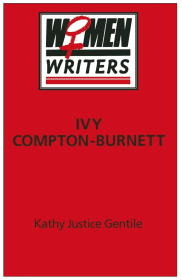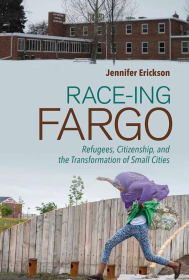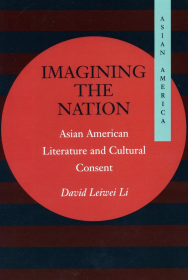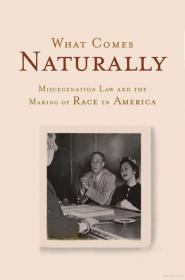Emergency in Transit: Witnessing Migration in the Colonial Present
“Emergency in Transit responds to the crisis framings that dominate migration debates in the global north. This capacious, interdisciplinary study reformulates Europe’s so-called ‘migrant crisis’ from a sudden disaster to a site of contested witnessing, where competing narratives threaten, uphold, or reimagine migrant rights. Focusing on Italy, a crucial port of arrival, Eleanor Paynter draws together testimonials from ethnographic research—alongside literature, film, and visual art—to interrogate the colonial, racial logics that inform emergency responses to migration."
Publication
2024



